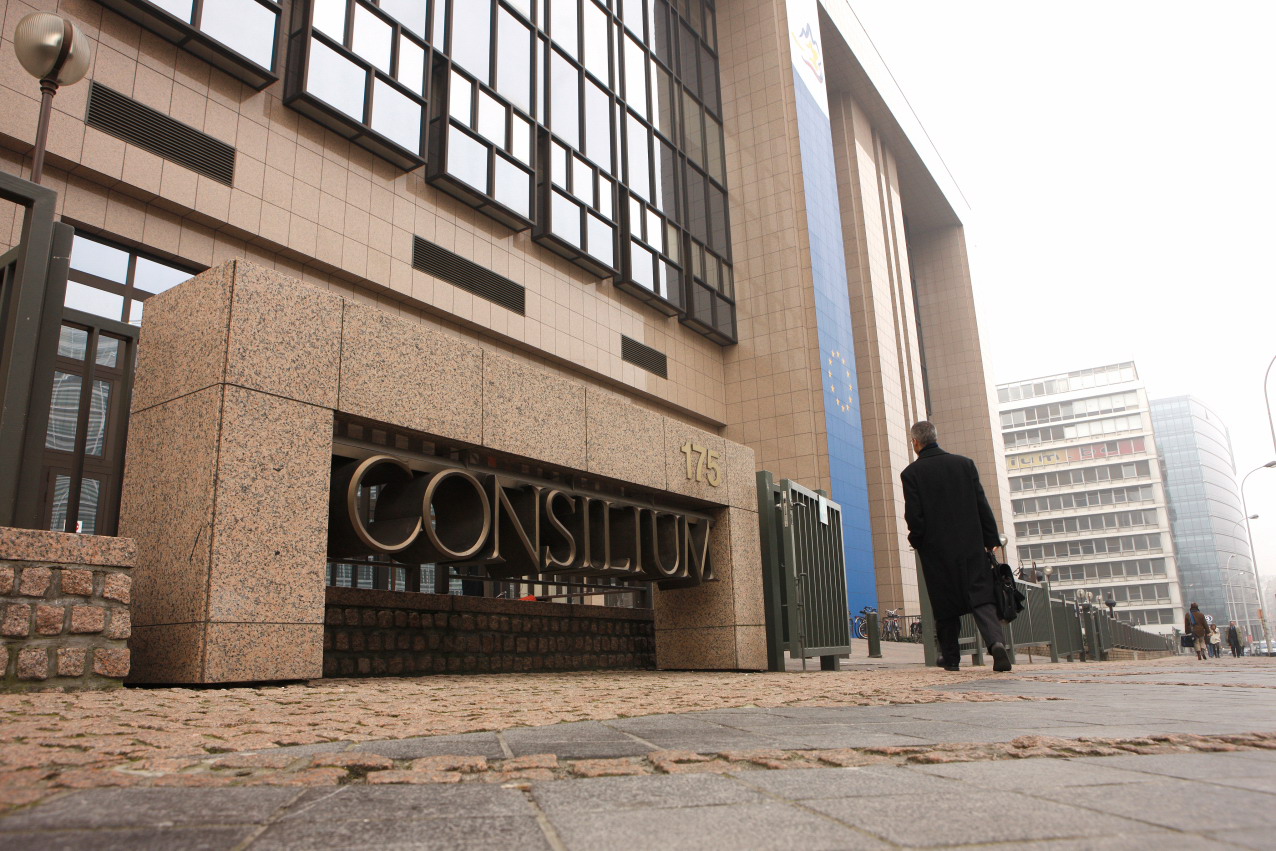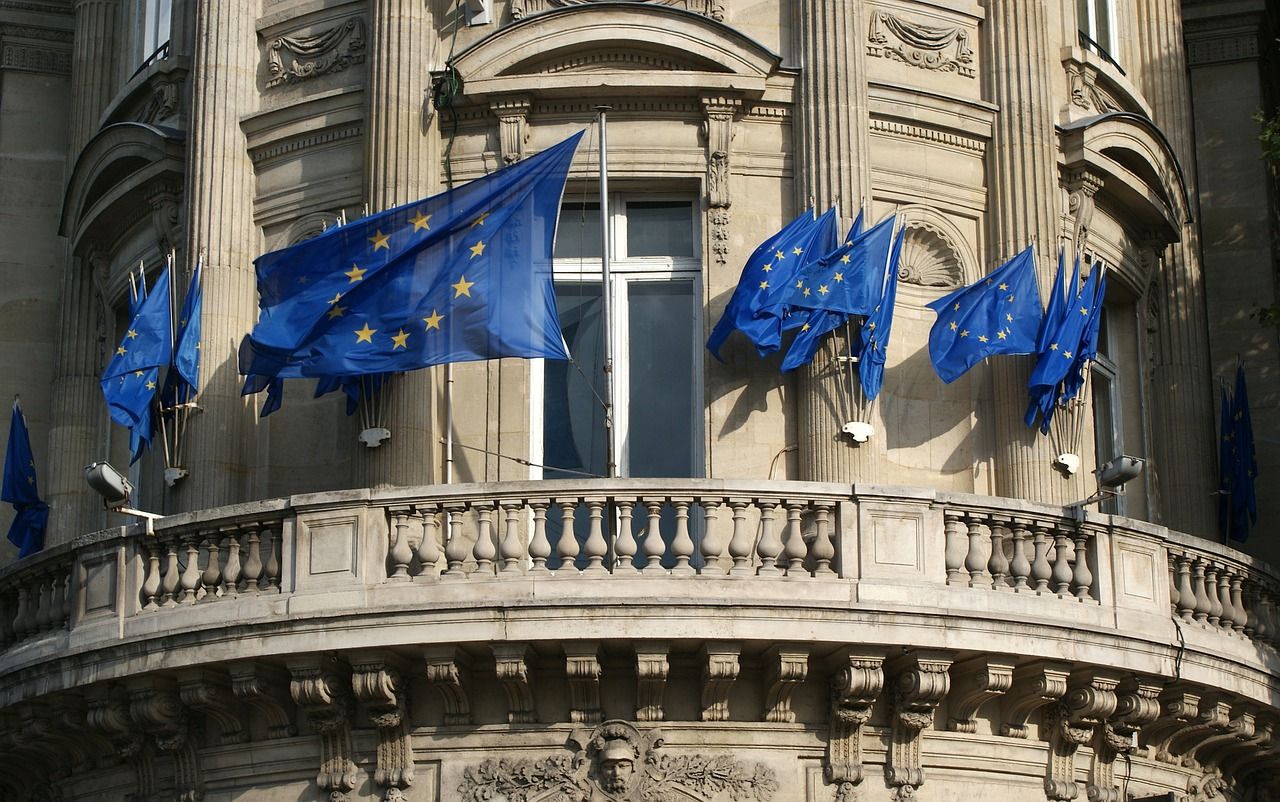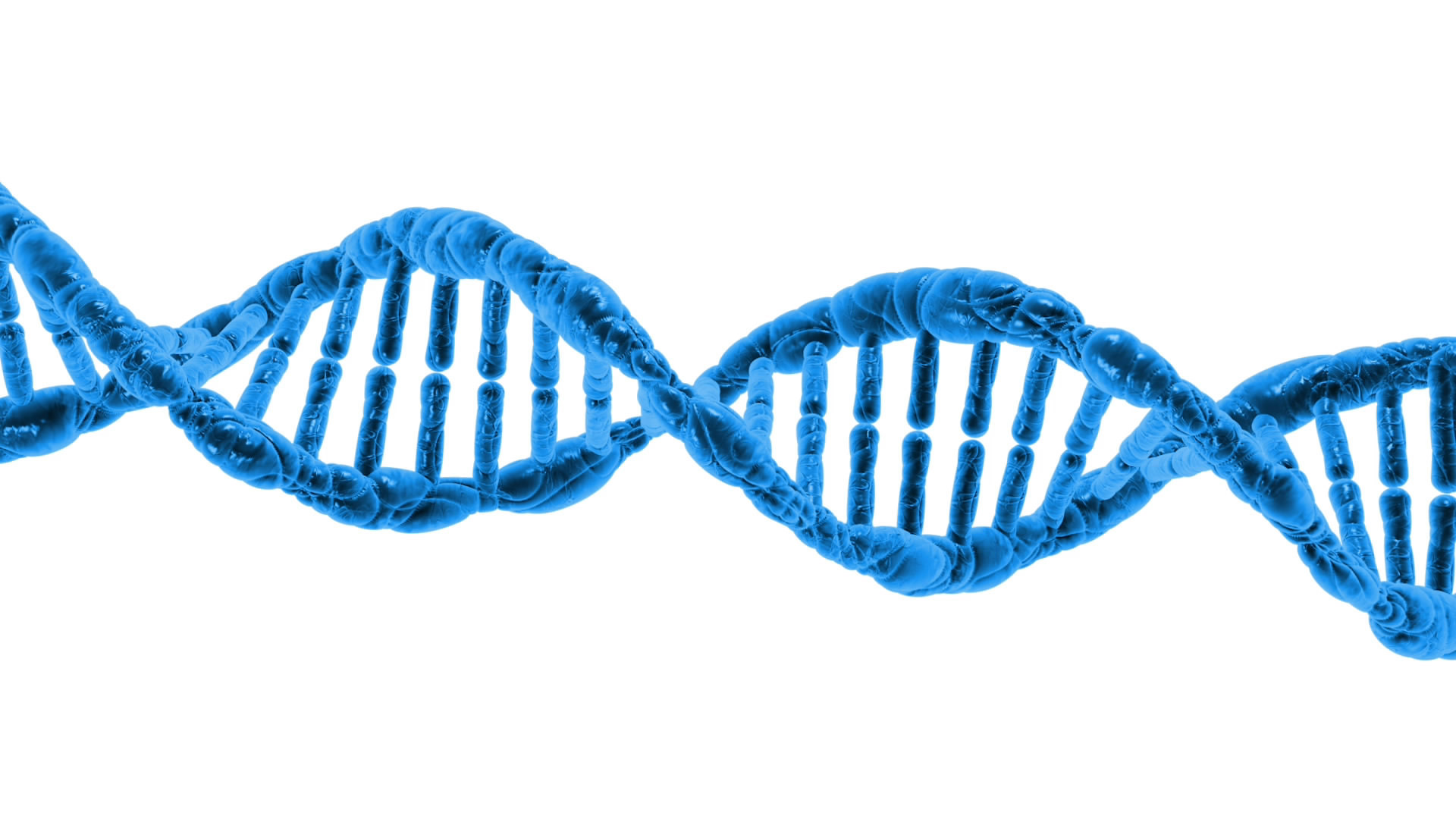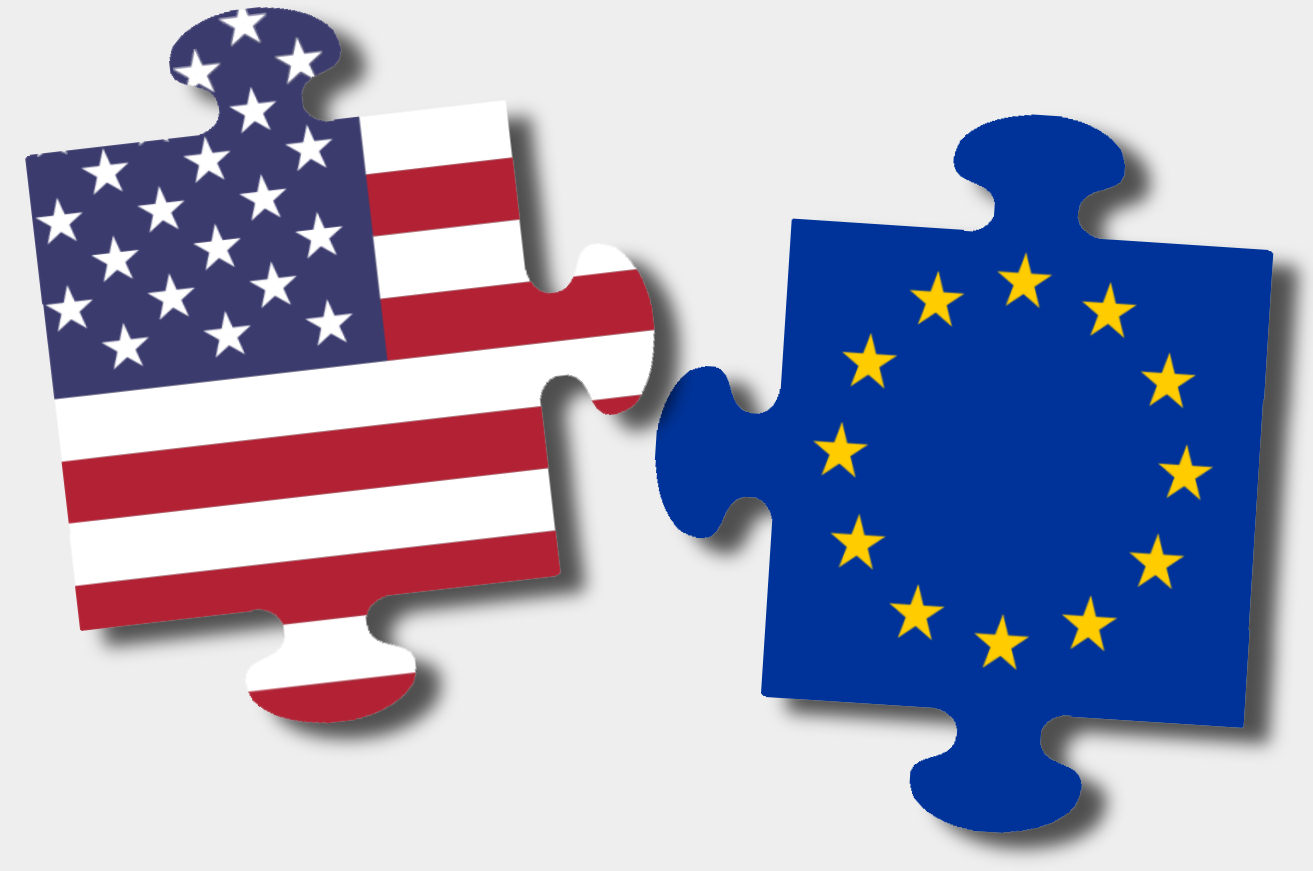POLITHEOR
European Policy Network
Blog 1 Column Left Sidebar
- Home
- Blog 1 Column Left Sidebar

Does faster legislation come at the cost of transparency?0
- EU Governance and Politics, Op-ed
- 10/12/2017
One of the main goals of the post-Lisbon Institutional reforms was to make EU decision-making more efficient. Following many claims that EU legislative processes are overly bureaucratized, the main goal of such efforts was to make the EU law-making more fit for the many ongoing challenges requiring great institutional re-activeness. The result of such fitness operation is quite striking.
READ MORE
Do EU policymakers really value intellectual property?1
- International Relations and Global Affairs, Op-ed
- 16/08/2017
“First they stole my idea, and then they poisoned others with it” is what owners of intellectual property (IP) are expected to say when their rights are infringed. If you believe that this is an overstatement, and that you are immune to this problem, think twice.
READ MORE
DNA-based evidence should be court-admissible throughout the world0
- Human Rights and Migration, Op-ed
- 13/05/2016
Although in a small number of cases DNA-based evidence may be the single source on which a judge or jury reaches a verdict, it is commonly used to support evidence that is leading towards a particular conclusion, rather than as decisive evidence in its own right. Yet DNA-based evidence is invaluable, and arrangements should be made for it to be used in court, in light of and in line with the international initiatives to establish a global framework for forensic protocols.
READ MORE
Disintegration of EU values? – ISDS clauses in TTIP1
- International Trade, Op-ed
- 26/02/2016
The Investor State Dispute Settlement (ISDS) is presently being debated at the 12 round of negotiation (22-26 February 2016) of the controversial TTIP deal aimed at establishing a trade agreement between the EU and the US.
READ MORE
DiEM25 – The change you want to see?0
- EU Governance and Politics, Op-ed
- 22/04/2016
What are the goals of the DiEM25 movement and what will it take for it to succeed
READ MORE
Development through sport: the EU and the Olympics0
- International Relations and Global Affairs, Op-ed
- 06/07/2016
Sport has become an essential tool in the European Union’s soft power approach. Over the past few years, the political vision promoting economic development through sport has become a standard practice in Europe’s policies of solidarity and sustainable development. Yet, how can the European experience help improve the Olympic ideal of using sport to promote peace and prosperity?
READ MORE






